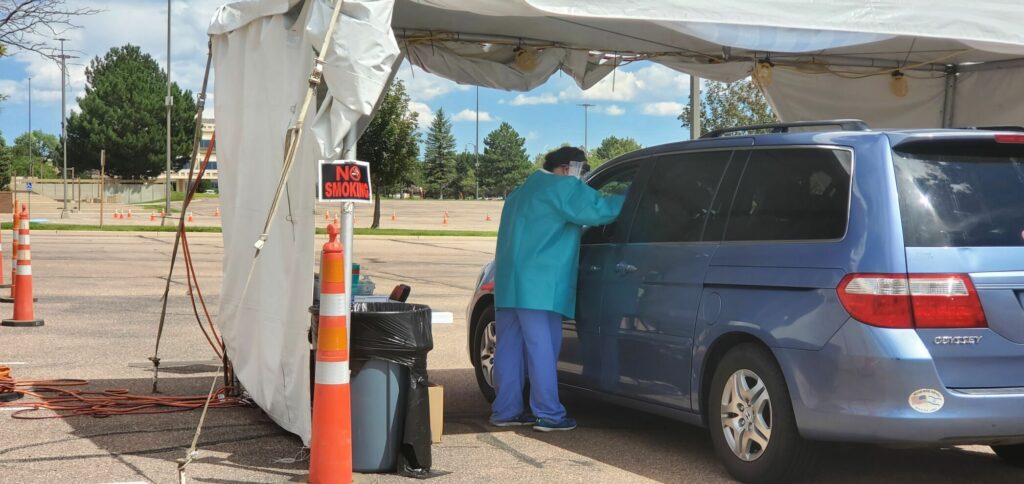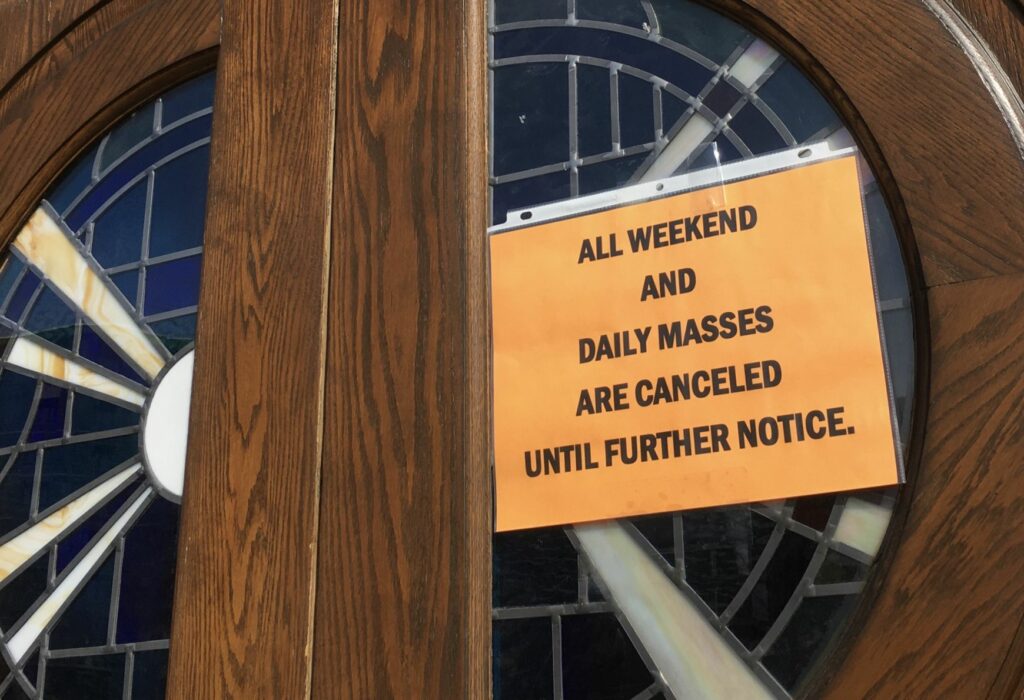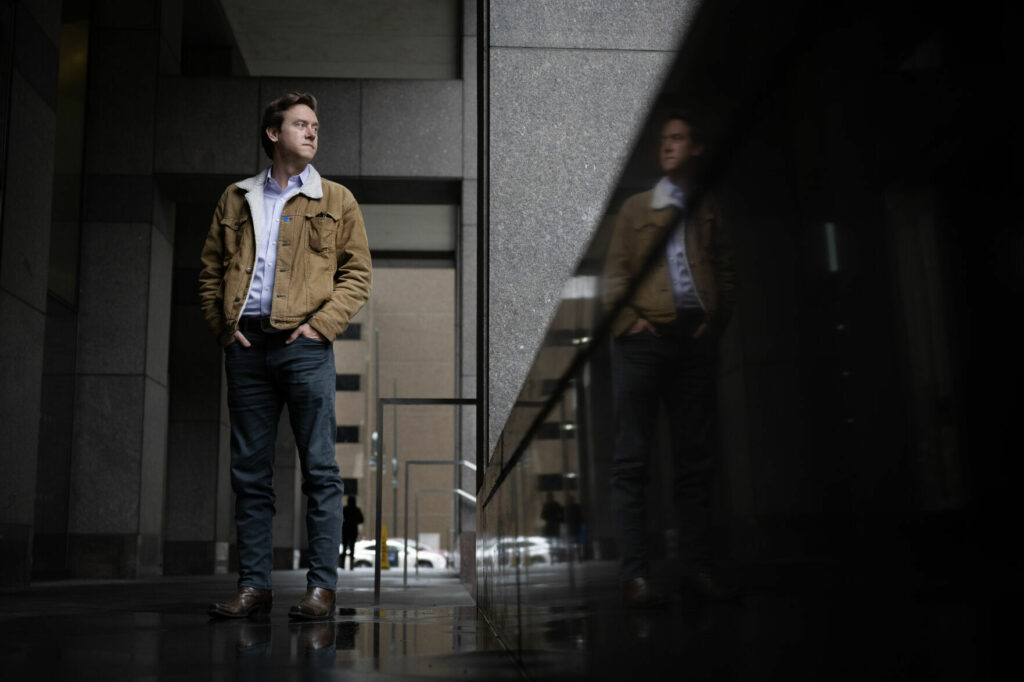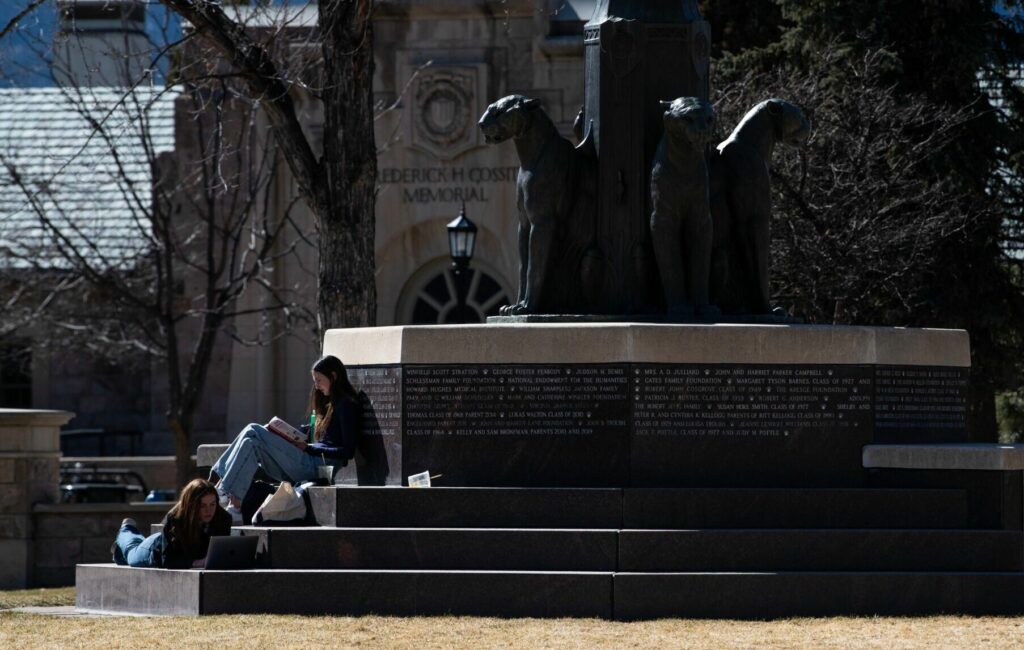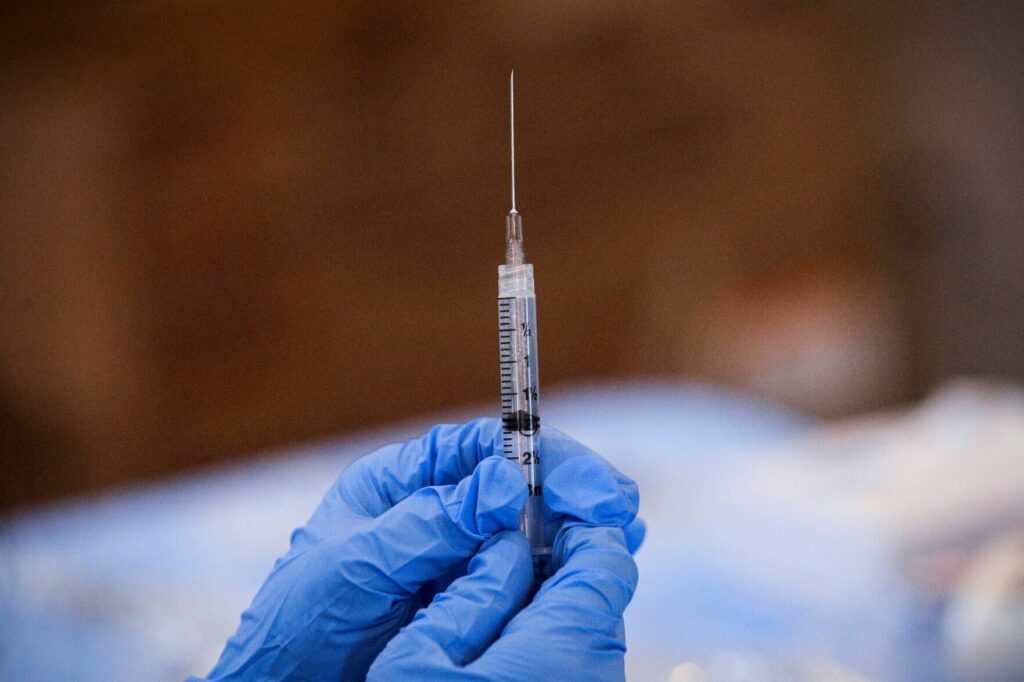Colorado’s 3rd omicron variant case found
A Jefferson County woman has tested positive for the omicron variant, the state health department said Monday, marking Colorado’s third known case of the latest strain of the virus.
The woman had recently traveled to Africa and has not had symptoms, said Jessica Bralish, spokeswoman for the state Department of Public Health and Environment. The woman is fully vaccinated and had received her booster dose. All of her contacts have been tested, and “no additional transmission from this case has been detected to date,” Bralish said in an email.
The variant’s presence “was detected through routine testing and sequencing” conducted by the state health lab, she said. Colorado officials have said the state is among the best in the nation for random sequencing of positive samples.
The woman marks the third case of the variant identified in Colorado. Earlier this month, an Arapahoe County woman tested positive, followed a few days later by a Boulder County man. Both of those patients also had recently returned from trips to southern parts of Africa, health officials said at the time. Of the three cases, only the Boulder County man had any symptoms; officials said his were mild.
Alarm sounded about COVID-19 in pregnant women in Colorado
Last week, state epidemiologist Rachel Herlihy said wastewater testing had detected what was likely low levels of omicron transmission in Boulder County. No other cases have been identified in the area, Bralish said, and wastewater testing in other parts of the state has not detected any other traces of the variant.
“We are still learning how the omicron behaves,” she said, “but given that it appears to be more transmissible, we expect to see more cases.”
Gov. Jared Polis said earlier this month he wasn’t yet troubled by the variant, given there’s no evidence of large-scale community spread.
Much is still unknown about the variant, which was first identified in mid-November and gained worldwide media attention later that month. Early data indicates the strain is likely more transmissible than previous variants of the virus that causes COVID-19.
Boulder County announces omicron case; patient has recent travel to South Africa
First known case of omicron variant identified in Colorado, returned from Africa
The World Health Organization said the overall risk from the strain “remains very high for a number of reasons.” The WHO said there were early signs that vaccinated and previously infected people would not build enough antibodies to ward off an infection from omicron, resulting in high transmission rates and “severe consequences.”
It is unclear whether omicron is inherently more contagious than the globally dominant delta variant, the WHO said.
Corroborating the WHO’s assessment, University of Oxford researchers published a lab analysis on Monday that registered a substantial fall in neutralizing antibodies against omicron in people who had had two doses of COVID-19 vaccine.
Strategies used against delta will remain vital against omicron, Colorado officials say
But there’s not yet evidence that the variant causes more severe disease, the researchers said. Colorado officials have said that the same strategies used against previous strains of the virus – mask wearing, vaccinations, boosters, social distancing and good hygiene – are still the best ways to avoid getting infected or seriously ill from omicron.
Reuters contributed to this report.


